Japan has one of the highest vaccine hesitancy rates in the world. However, few studies have assessed how mobile messenger apps affect COVID-19 vaccine hesitancy. This study used a cross-sectional survey to assess the impact of text messages from Corowa-kun – a free chatbot – on COVID-19 vaccine hesitancy amongst users.
Read on VaccineRelated content
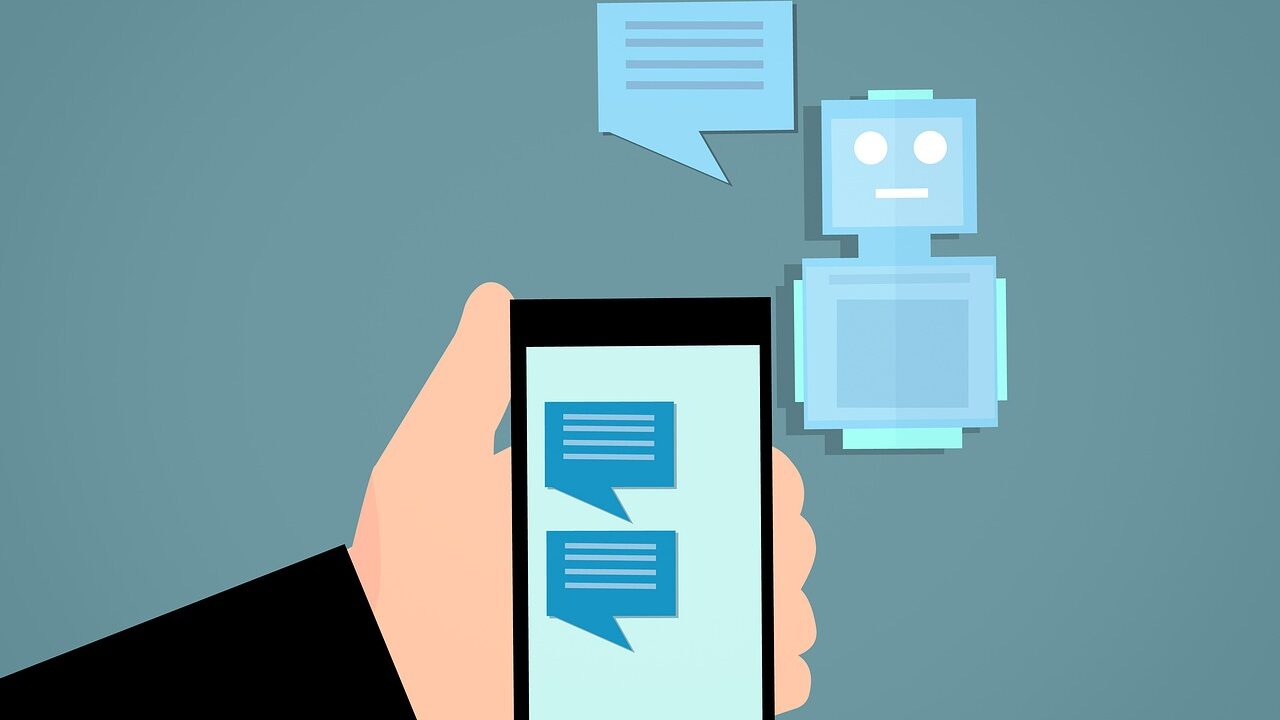
This multisite research was designed to harness the power of social media to increase vaccination confidence and uptake in Thailand, Hong Kong, Singapore, and Japan.
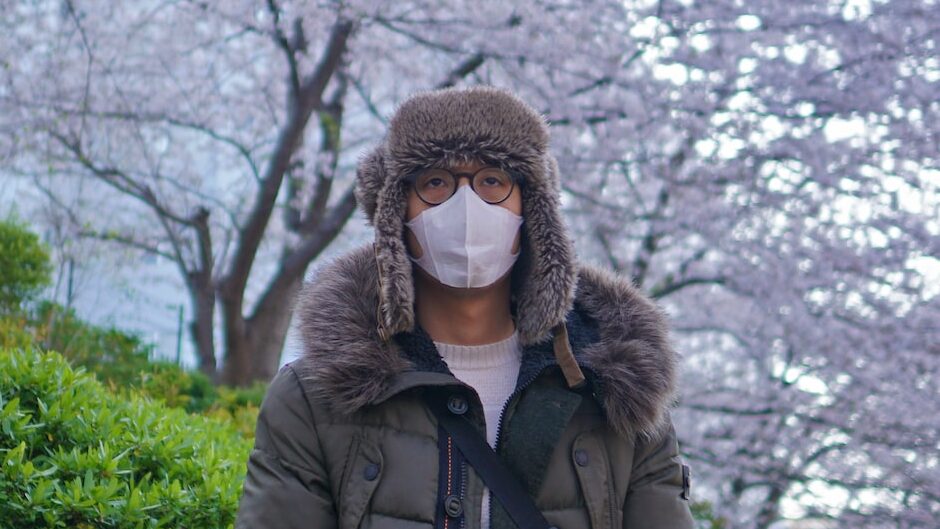
Little is known about how social media platforms can be used to increase COVID-19 vaccine intent. We aimed to investigate the effect of social media-based interventions on vaccine hesitancy in Japan.
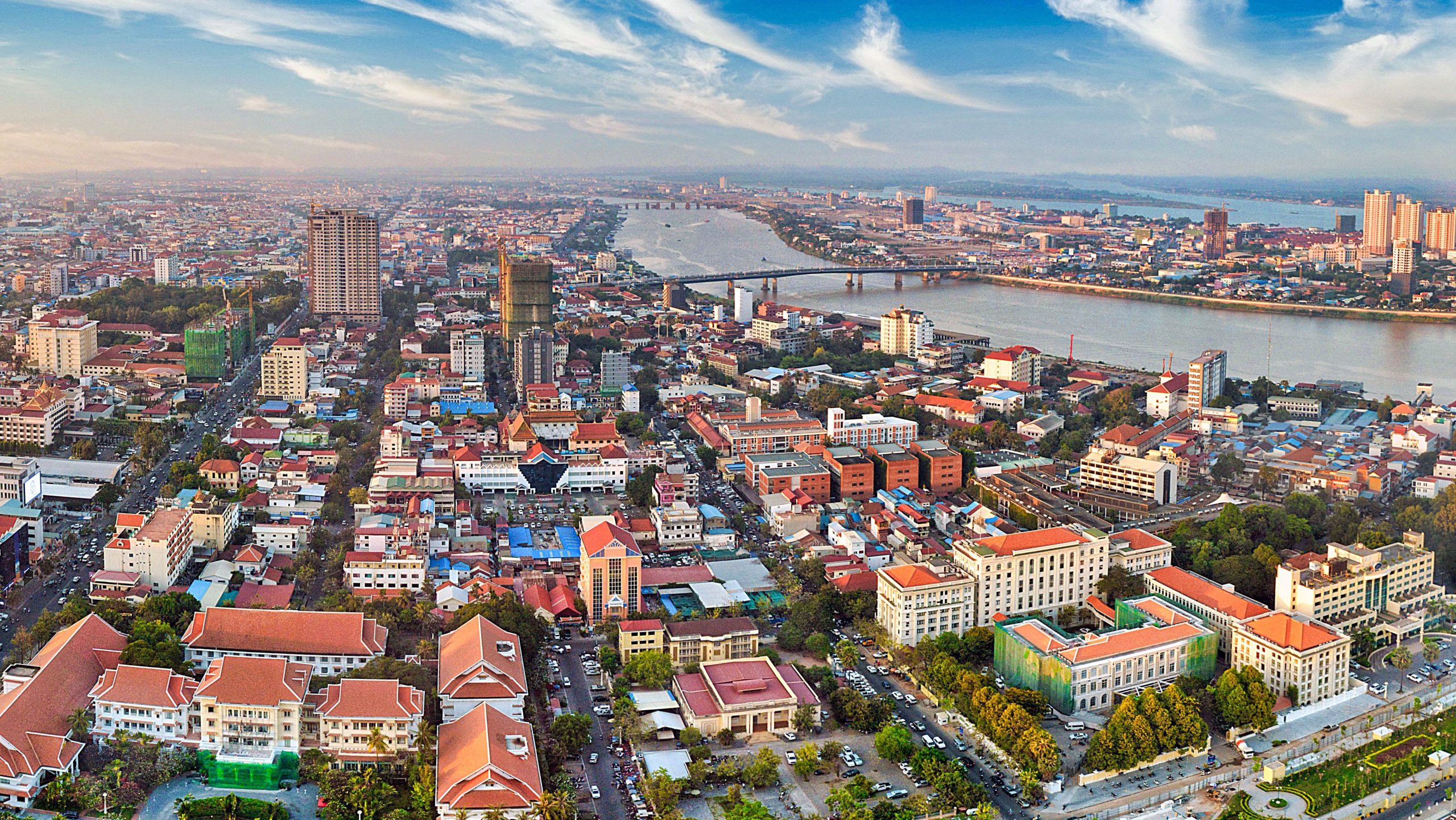
To identify knowledge gaps, beliefs and attitudes in relation to the COVID-19 pandemic and COVID-19 vaccine acceptance among adults in the Asia-Pacific region, the Vaccine Confidence Project conducted two waves of quantitative research in 2021 and 2022.
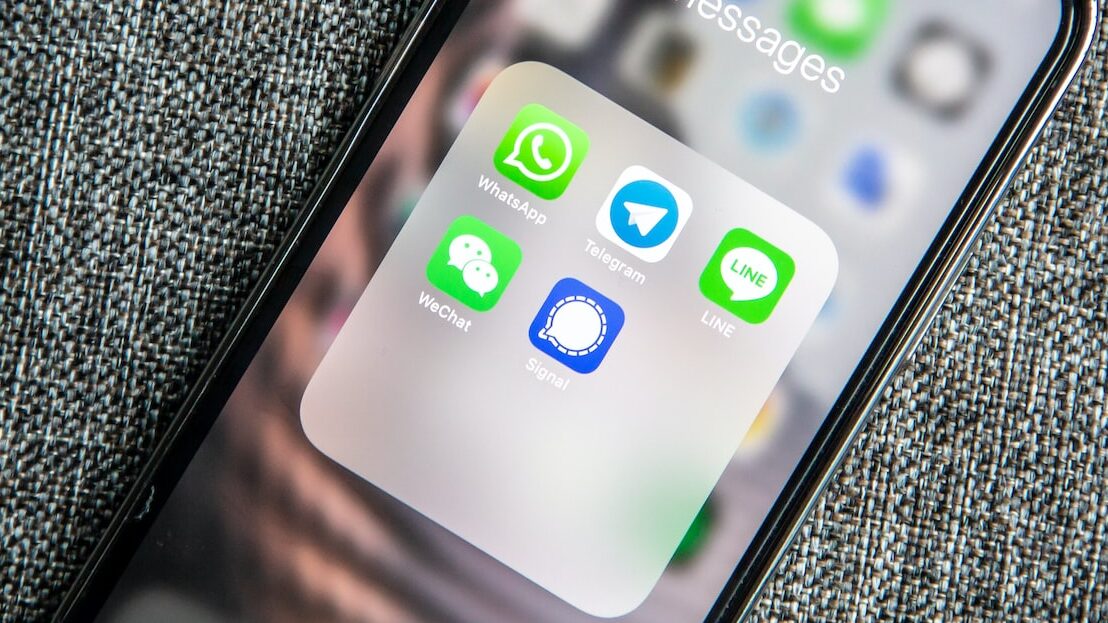
This research applies communication and behavioural theories to comprehensively assess confidence in and acceptance of HPV vaccines in Japan, Korea, and China amongst people who have not received the vaccine, in order to develop effective digital communication strategies to increase uptake.
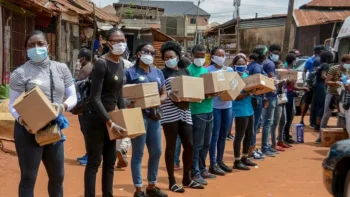
Overview The Vaccine Confidence Project at the London School of Hygiene & Tropical Medicine, in partnership with Premise, developed ASSURE – Assessing Signals and Supporting Resilience.
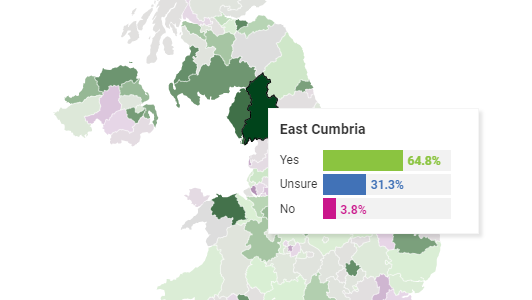
In this study, we predict uptake of the COVID-19 vaccine at unprecedented spatial resolution across the UK.